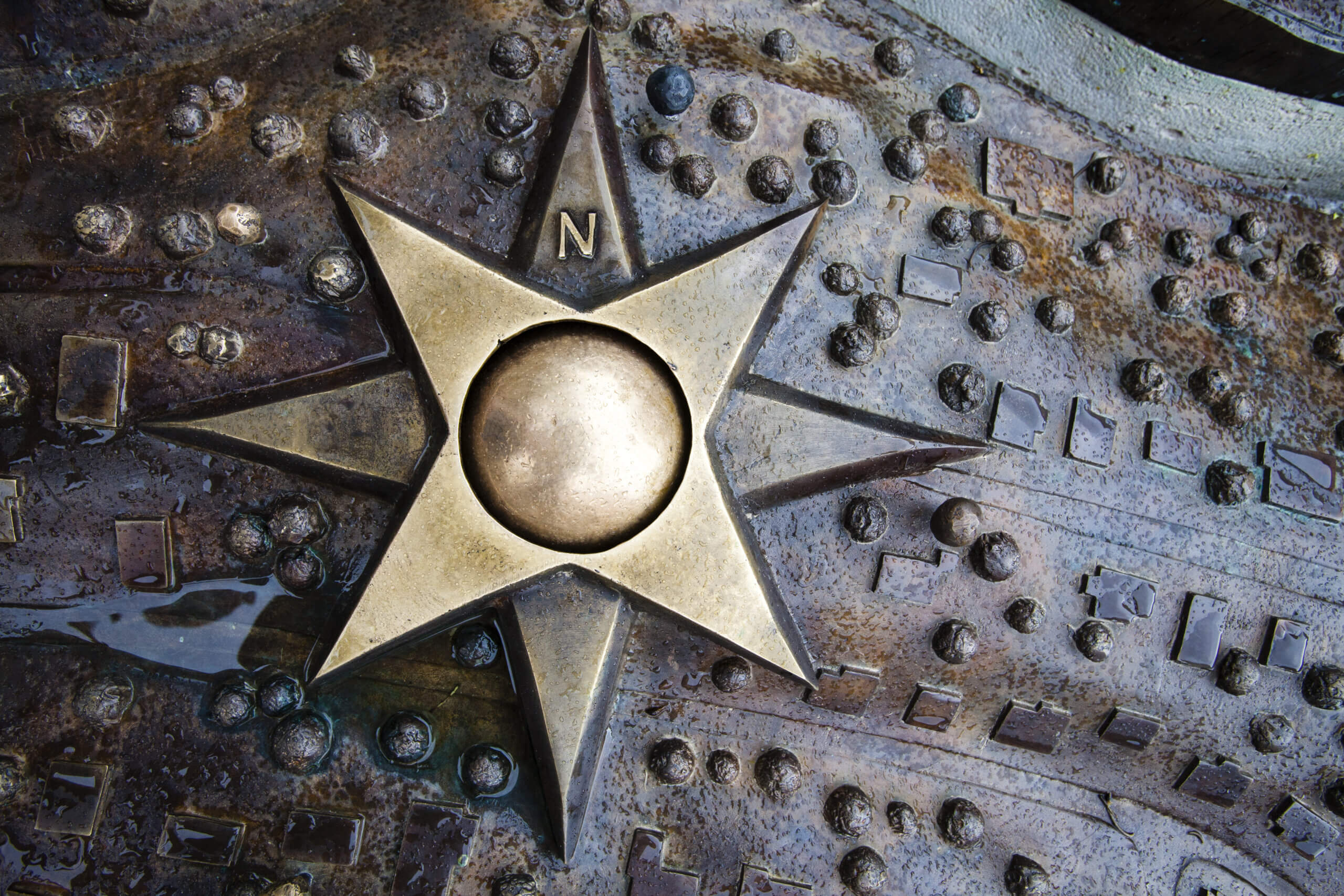In previous blogs, I outlined why family goal setting works and how reviewing past victories can help prepare you for goal setting and ensuring you’re in the right frame of mind for creating clear, bold, and healthy goals.
Knowing your true motivations and direction in life is important.
There are 100+ tools out there that can be used to assess how you’re doing in life. Unfortunately, for many years, I was focused only on financials and “stuff-based” metrics. Today, Reka and I intently focus on working towards a more comprehensive, healthier balance. Perhaps it’s because we’ve reached many of our survival-based financial goals and we now have this luxury. It’s possible, but I think it has always been there. I believe that in some ways, we’re finally embracing who we really are and not what we think others think we are. In the past, we struggled with letting go of our perceptions of what we needed to be successful on everyone else’s terms. And when I say “we”, I really should be saying “I”, as Reka has maintained a steady focus on a balanced life, which has been a great impact on me.
The specific example of this is time off for travel and adventures. I think back to when I was just starting and barely had two pennies to rub together. From my very first “real” job out of college, I negotiated at least six weeks off a year so that I could run around in some corner of the third world that I found interesting and could afford. By today’s standards, that may not be a big deal…but in 1990, two weeks off was the norm.
Today, our economics have changed, yet the priorities remain the same. The type of accommodation has changed (for example, in 1989 I paid 50 cents for a room one night. It wasn’t worth it, but I had a great adventure). The point is that there were years in between then and now that I didn’t take my full six weeks of adventure, and it was because I lost sight on what was important to me – this is one of my most important core values, and is one of the main things that attracted Reka I to each other on a freighter in Patagonia many years ago. This value is one of the things Reka and I now use as a True North.
We had completed the True North exercise before our goals retreat. Some people call these a personal mission statement, while others may regard it as their core values. We decided to embrace the idea of calling them our True North. The intention is that as travelers, we need to know our guiding direction for our life. The needle on a compass always points north and when used correctly, True North will always lead where you should go.
The way we look at our True North is this: we feel it truly reflects what one finds important in life…not what anyone else thinks, but what’s important to us. Virtually everyone will have a different direction, and this is okay. It’s intended to be your own True North.
We defined our personal True North as:
- Embracing life as an adventure
- Fearlessly giving first for the betterment of others
- Continuous self-improvement, patience, and listening
- Embracing a philosophy of gratitude and abundance
- A simple life is a successful, happy life
Now, I realize these may seem a little on the hippy, Kumbaya, voodoo side for most. Again, this is fine; they are components of our True North. With this in mind, we took the time to use these and embrace the beliefs of a happy, balanced life. We made sure to keep these things in mind when we created our annual goals and quarterly objectives.
I think it’s important to note that financial indicators aren’t in our True North; it doesn’t mean they’re not important. It does, however, mean for us that financial resources are only tools to help us achieve our True North for our goals. Some people may have very focused life goals around wealth and may associate how successful they are based on their balance sheet. Great, good for them. I would encourage these people to reflect back to when they were the happiest and why, as it’s likely their True North motivations live here.
This is an area that occasionally works with individuals, couples, and families to help them find their individual “why” in life. Once you have your own True North or personal mission statement, it becomes a guide to help identify your real goals in life. It will add a deeper meaning to the objectives and goals you set.
Next week, I’ll introduce you to a tool we used to identify where we were out of balance. Do you need help finding your True North? Whether you need a little advising, couples coaching, or an accountability group, we’re here to help. Reach out today! No expectations or obligations. Do you know someone who could benefit from finding their True North? Feel free to share this with them!

